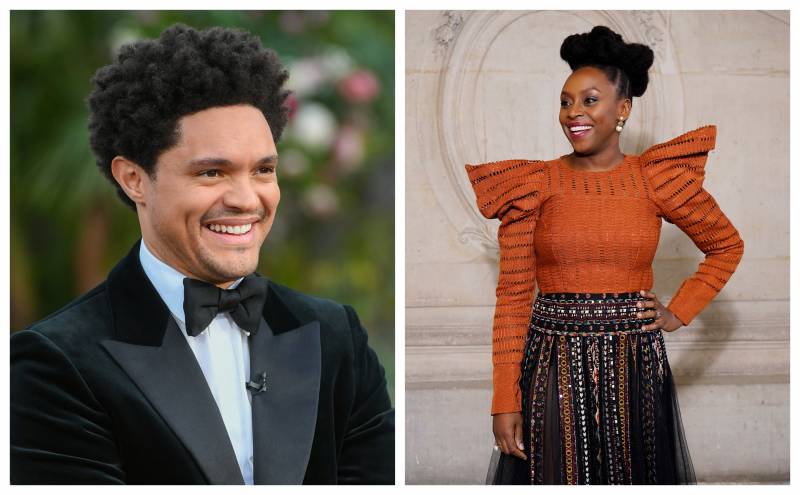Adichie’s essay effectively highlighted the nuance and humanity that gets lost in performative righteousness. But during Wednesday night’s Daily Show, Trevor Noah adeptly described the dark road that comes after trying to out-good people on the internet. In an in-depth analysis of social media etiquette, prompted by Chrissy Teigen’s apologies for bullying behavior online, Noah attempted to take a hopeful tone.
“I’m glad [Teigen is] owning up to being a horrible person online,” he began, “because that is what we want, right? We want people to be better and we want people to grow. … What really gives me hope is that, back when Chrissy was bullying people online, millions of people were cheering for her. But now, a lot of those people are criticizing her for that same thing that they cheered. … It shows you that society has evolved.”
Noah, without referencing Adichie’s essay, expanded on her observations regarding the online obsession with the “appearance of goodness.” He pointed out that the online compulsion to call others out for bad behavior often has a tendency to result in more of the same.
“What we have to understand,” Noah explained, “is that social media pushes people into being their most asshole-ish self. Roasting people, dunking on them, that’s how you get the likes. … Twitter sees when a few people attack someone, and they put that in the trending topics. … So then what do you end up with? You end up with millions of people looking to roast each other. To say the nastiest things they can think of, until they go too far, until all of a sudden the outrage they were a part of turns on them.”
Noah expanded further, saying, “That’s not a mistake. It’s how the system is set up. … There’s something about the platform that incentivizes people to be the worst versions of themselves.”


